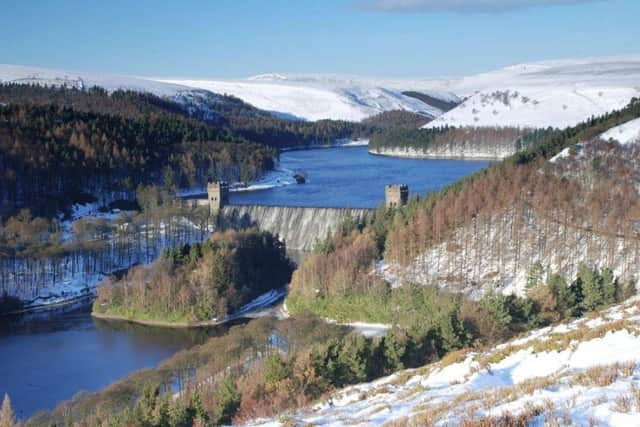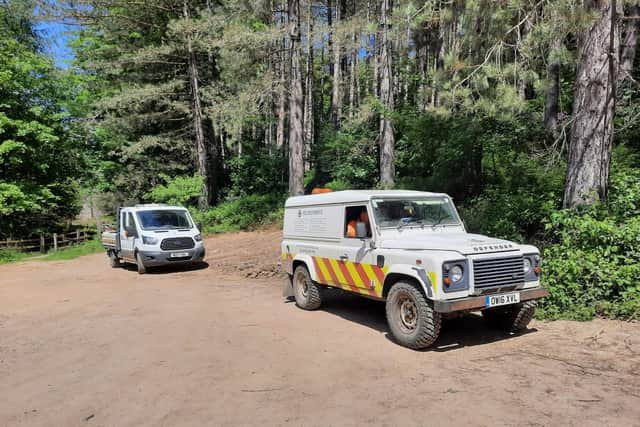National Park bosses slam new reservoir plan over 'massive loss' of Peak District landscapes
and live on Freeview channel 276
The organisation said £300m proposals for increased water storage in the Upper Derwent Valley could impact on the park’s ‘core statutory purposes’.
Severn Trent Water has drawn up plans to double the capacity of Ladybower, Derwent and Howden reservoirs due to ‘unprecedented demand’ and water lost to leaks. Two ideas have been put forward: a fourth reservoir on the moors above Howden or a huge new dam that would see existing structures submerged.
Advertisement
Hide AdAdvertisement
Hide AdA Peak Park spokeswoman said they had “significant concerns” and urged Severn Trent to “engage”.


She added: “The current proposals would see massive loss to both landscapes and recreational enjoyment opportunities for those within the conurbations of South Yorkshire and Greater Manchester, for whom the Upper Derwent Valley is on their doorstep within the Peak District.
“Whilst the valley is familiar with change to communities through its historical origins as a reservoir network, the current proposals would be unprecedented for the Peak District National Park in contemporary terms.
“Members have therefore agreed that the authority will be maintaining a holding objection to the current proposals and wish to see a clear justification for the scale of impact of the plans. Major development should not be considered within a national park, unless there are well-demonstrated, exceptional circumstances.
Advertisement
Hide AdAdvertisement
Hide Ad“We are aware of the potential for development consent orders for national infrastructure projects and would urge that Severn Trent engage as early as possible with key regional stakeholders as they develop their proposals.”


The scheme would affect a hugely popular part of the Peak. Severn Trent says it would lead to the loss of footpaths, recreational facilities and habitats, potentially including ancient woodland within 1km of current water levels. It acknowledges it is likely to meet ‘notable opposition’ - but could override it using powers under the ‘Nationally Significant Infrastructure Planning’ system. The firm is aiming for permission by 2027, to build from 2030 and finish by 2033.
It has sought to allay fears insisting proposals are at a “very early stage” and the firm will work with “all parties” to shape them. And it is “just one” of several possible ways of meeting demand and water lost to leaks.
Sarah-Jayne O’Kane, stakeholder engagement lead at Severn Trent, said: “With a further 12 million people expected to be living in the UK by 2050, we are working on ways to manage the increasing demand for water in the long term. We’re already delivering on plans to reduce demand, tackle burst pipes and develop new sources of drinking water, including the possible increase of water storage capacity at the Upper Derwent Valley.
Advertisement
Hide AdAdvertisement
Hide Ad“We have a duty to explore all possibilities, of which boosting capacity in the Upper Derwent Valley is just one. We are still at a very early stage in this process and will be continuing to work with all parties involved to shape these plans.”